DEPARTMENT
VISION & MISSION
VISION:
To produce industry ready professionals with information technology acquaintance and human values to contribute to the society at large.
MISSION:
- To develop and to promote student ability thereby to compete globally through excellence in education.
- To inculcate varied skill sets that meets industry standards and to practice moral values.
- To enrich high integrity to lead and to serve the society.
PROGRAMME EDUCATIONAL OBJECTIVES (PEOs)
- To ensure graduates will be proficient in utilizing the fundamental knowledge of basic sciences, mathematics, Computer Science and Business systems for the applications relevant to various streams of Engineering and Technology.
- To enrich graduates with the core competencies necessary for applying knowledge of computer science and Data analytics tools to store, retrieve, implement and analyze data in the context of business enterprise
- To enable graduates to gain employment in organizations and establish themselves as professionals by applying their technical skills and leadership qualities to solve real world problems and meet the diversified needs of industry, academia and research
- To equip the graduates with entrepreneurial skills and qualities which help them to perceive the functioning of business, diagnose business problems, explore the entrepreneurial opportunities and prepare them to manage business efficiently.
PROGRAMME OUTCOMES (POs)
Engineering knowledge: Apply the knowledge of mathematics, science, engineering fundamentals, and an engineering specialization to the solution of complex engineering problems.
Problem analysis: Identify, formulate, review research literature, and analyze complex engineering problems reaching substantiated conclusions using first principles of mathematics, natural sciences, and engineering sciences.
Design/development of solutions: Design solutions for complex engineering problems and design system components or processes that meet the specified needs with appropriate consideration for the public health and safety, and the cultural, societal, and environmental considerations.
Conduct investigations of complex problems: Use research-based knowledge and research methods including design of experiments, analysis and interpretation of data, and synthesis of the information to provide valid conclusions.
Modern tool usage: Create, select, and apply appropriate techniques, resources, and modern engineering and IT tools including prediction and modeling to complex engineering activities with an understanding of the limitations.
The engineer and society: Apply reasoning informed by the contextual knowledge to assess societal, health, safety, legal and cultural issues and the consequent responsibilities relevant to the professional engineering practice.
Environment and sustainability: Understand the impact of the professional engineering solutions in societal and environmental contexts, and demonstrate the knowledge of, and need for sustainable development.
Ethics: Apply ethical principles and commit to professional ethics and responsibilities and norms of the engineering practice.
Individual and team work: Function effectively as an individual, and as a member or leader in diverse teams, and in multidisciplinary settings.
Communication: Communicate effectively on complex engineering activities with the engineering community and with society at large, such as, being able to comprehend and write effective reports and design documentation, make effective presentations, and give and receive clear instructions.
Project management and finance: Demonstrate knowledge and understanding of the engineering and management principles and apply these to one‘s own work, as a member and leader in a team, to manage projects and in multidisciplinary environments.
Life-long learning: Recognize the need for, and have the preparation and ability to engage in independent and life-long learning in the broadest context of technological change.
PROGRAM SPECIFIC OUTCOMES (PSOs)
PSO1: To create, select, and apply appropriate techniques, resources, modern engineering and business tools including prediction and data analytics to complex engineering activities and business solutions.
PSO2: To manage complex IT projects with consideration of the human, financial, ethical and environmental factors and an understanding of risk management processes, and operational and policy implications
FACULTY
PROFESSOR
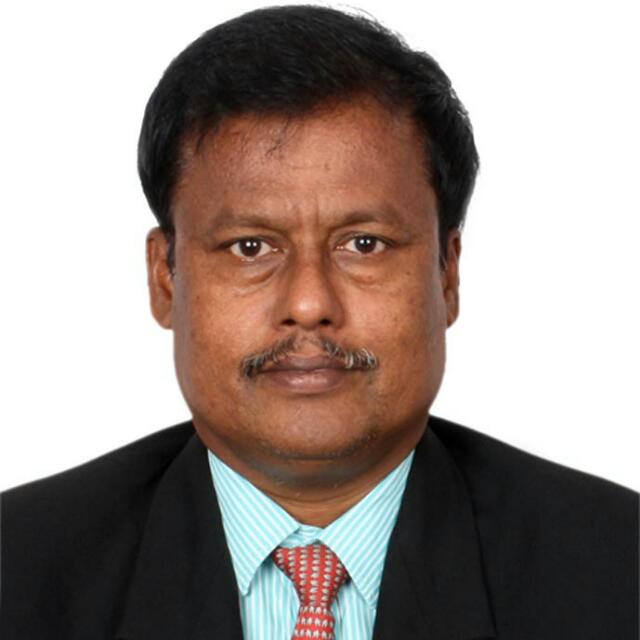
Dr. ANTONIDOSS A
Professor
SPECIALIZATION : DATABASE TECHNOLOGY, CLOUD COMPUTING, BLOCKCHAIN, SOFTWARE ENGINEERING, DATA SCIENCE, IoT
ASSOCIATE PROFESSORS
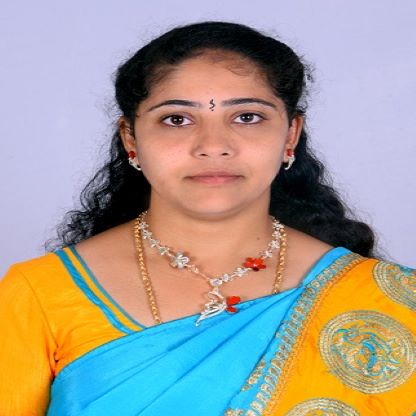
Dr. M. NALINI
Associate Professor
SPECIALIZATION : DATA MINING, MACHINE LEARNING
ASSISTANT PROFESSORS
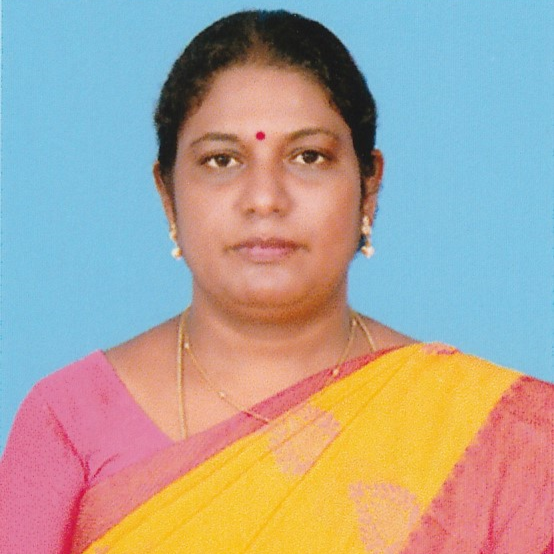
Mrs. ANITHA G
Assistant Professor
SPECIALIZATION : COMPUTER NETWORKS
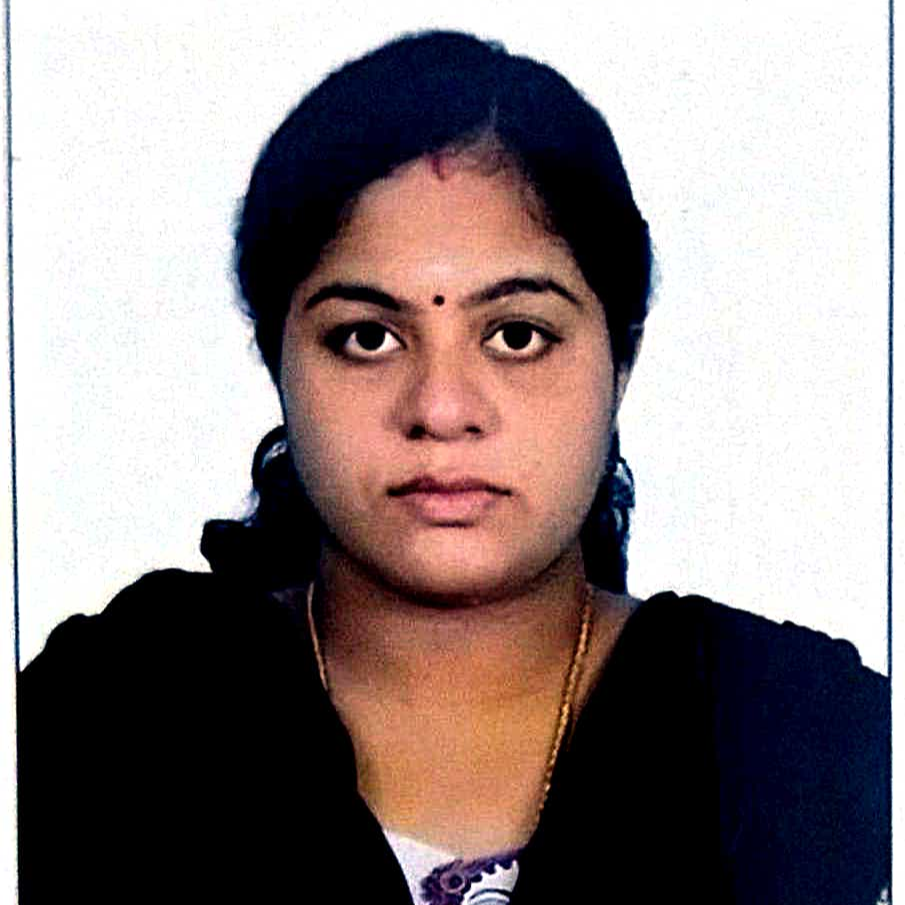
Mrs. SUNANTHA SRI B
Assistant Professor
SPECIALIZATION : ARTIFICIAL INTELLIGENCE
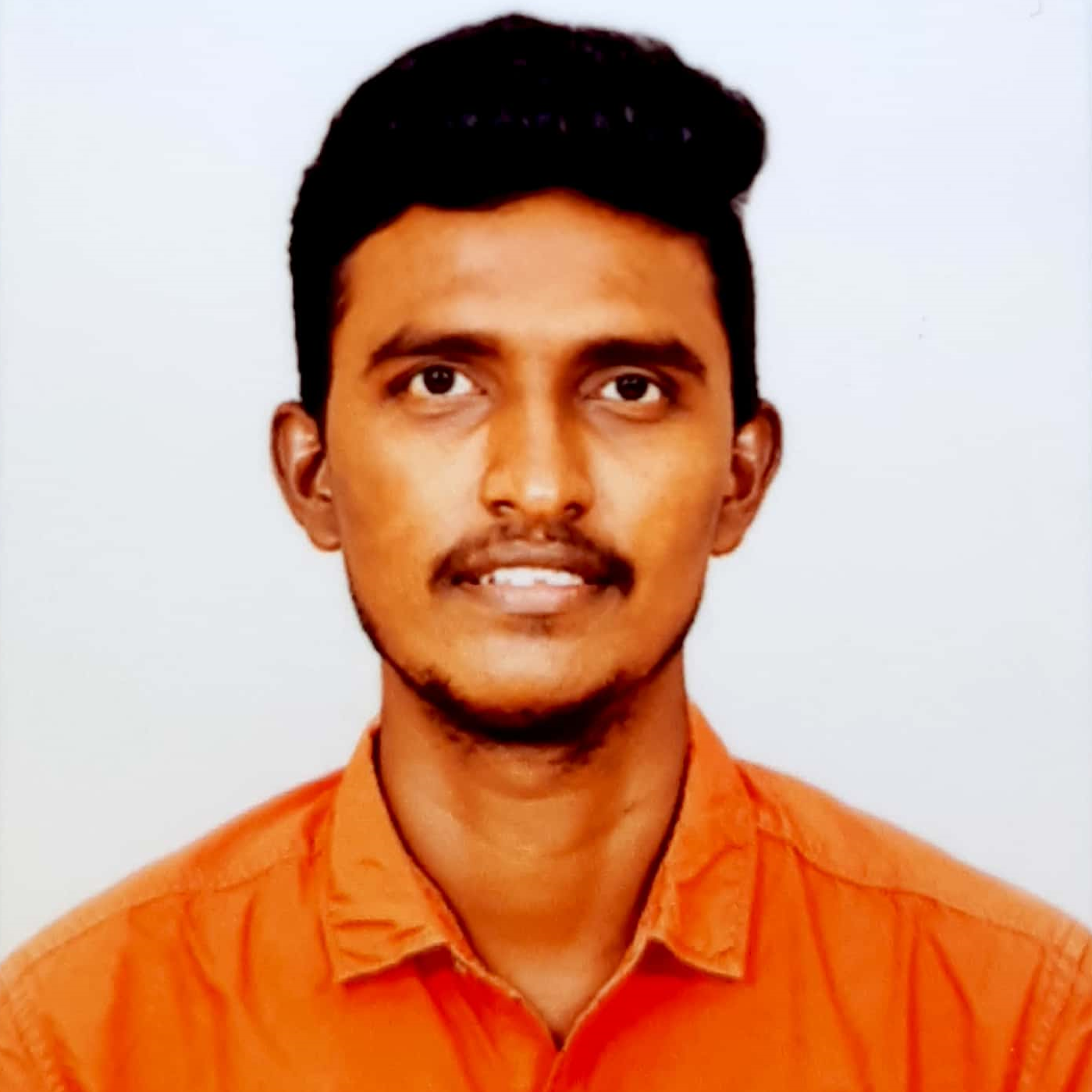
Mr. ARAVINTH KUMAR R
Assistant Professor
SPECIALIZATION : ARTIFICIAL INTELLIGENCE
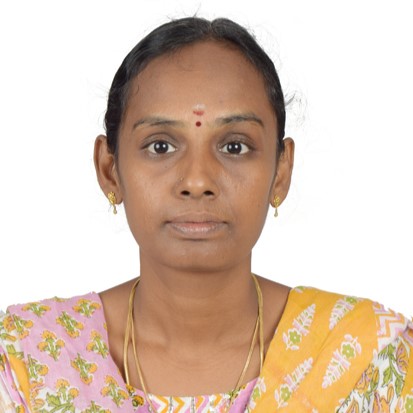
Mrs MALARVIZHI S
Assistant Professor
SPECIALIZATION : INFORMATION TECHNOLOGY
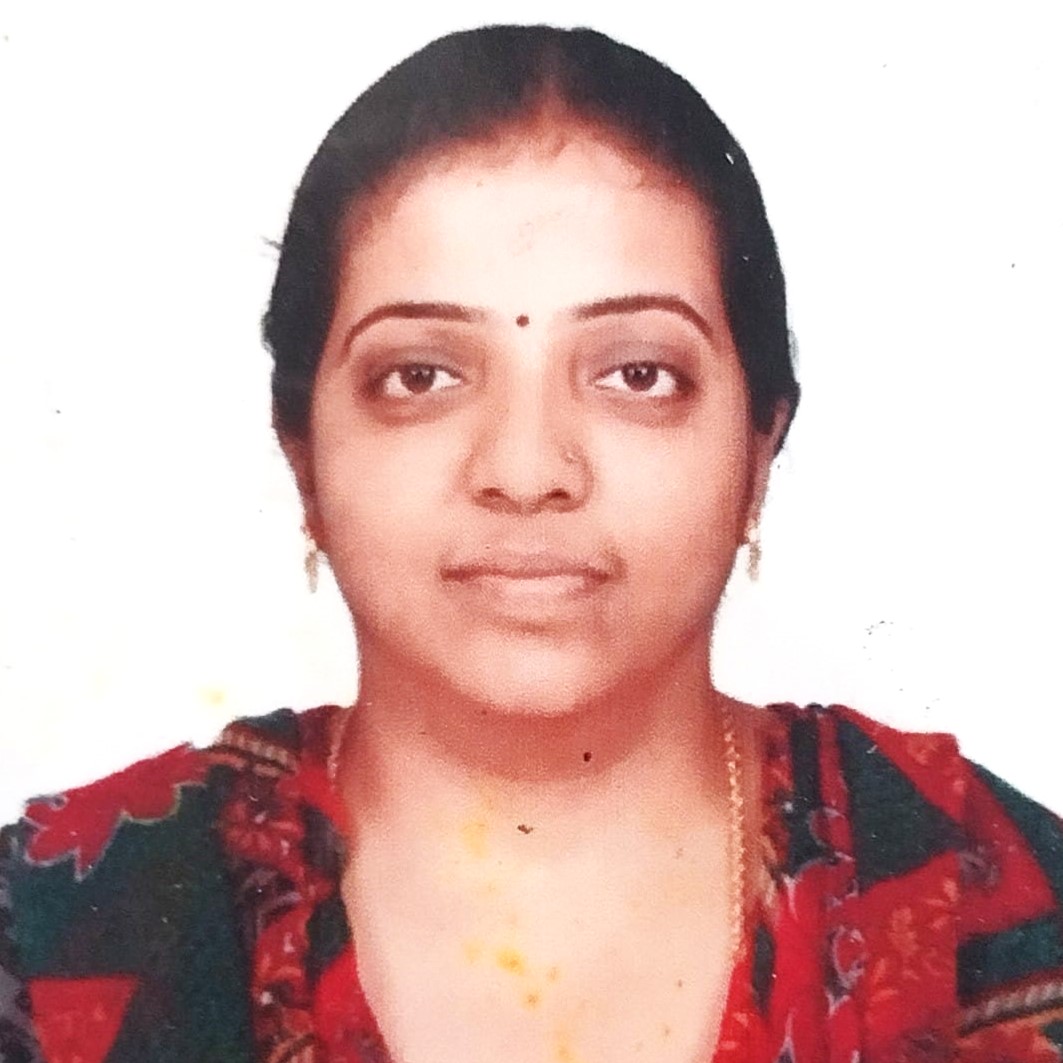
Mrs DHIVYA V
Assistant Professor
SPECIALIZATION : DATABASE MANAGEMENT SYSTEM
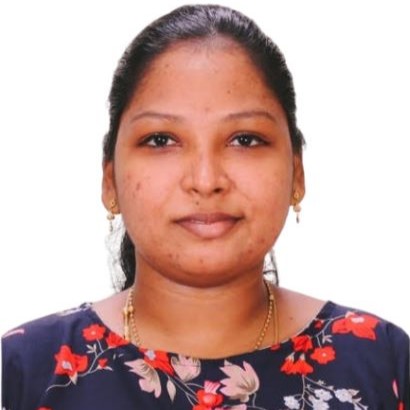
Mrs. MANODHIYA S
ASSISTANT PROFESSOR
SPECIALIZATION: PHP, CORE JAVA
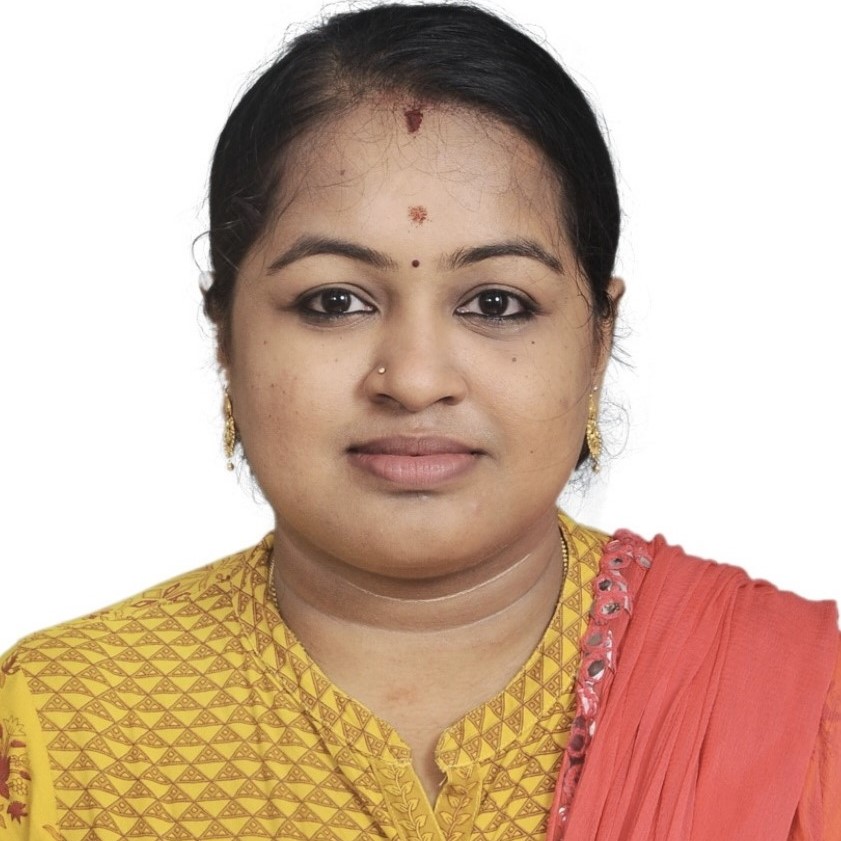
Mrs. VIDHYA S
ASSISTANT PROFESSOR
SPECIALIZATION: IMAGE PROCESSING AND DEEP LEARNING
